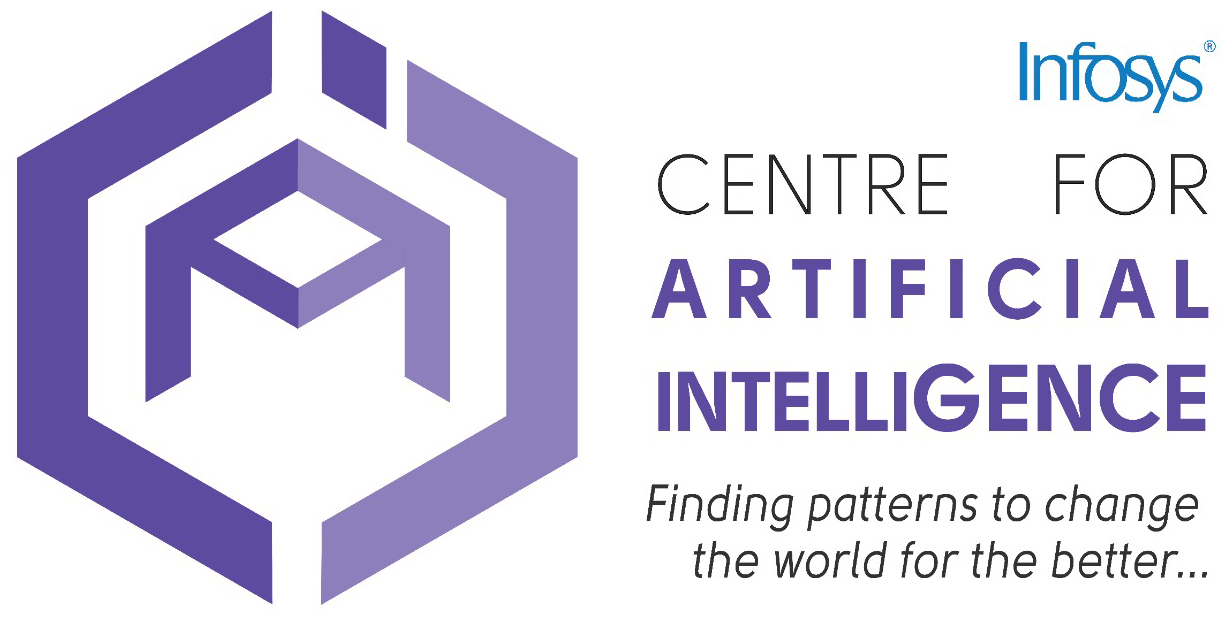About
Interpretability in machine learning revolves around constructing models that are inherently transparent and insightful for human end users. As the scale of machine learning models increases and the range of applications expands across diverse fields, the need for interpretable models is more crucial than ever. The significance of interpretability becomes particularly evident in scenarios where decisions carry substantial real-world consequences, influencing human lives in areas such as healthcare, criminal justice, and lending, where understanding the machine learning process is essential. Interpretability can aid in auditing, verification, debugging, bias detection, ensure safety, and align models more effectively with human intentions. Post-hoc explanations may be unfaithful and thereby unreliable in some applications, which is why it is essential to design inherently interpretable models that provide truthful and complete explanations by default. Motivated by this, researchers have studied interpretability, resulting in a spectrum of distinct approaches.
On one end of the spectrum, classical interpretability methods designed for small-scale and tabular datasets often use rule-based models (e.g., decision trees, risk scores) and linear models (e.g., sparse linear models, generalized linear models) that are deemed inherently transparent. On the other end, modern interpretability methods for large-scale foundation models involve incorporating interpretable components into deep neural networks while not being fully interpretable, spawning novel research areas such as mechanistic interpretability.
In the workshop we aim to connect researchers working on different sub-fields of interpretability, such as rule-based interpretability, attribution-based interpretability, mechanistic interpretability, applied interpretable ML for various domains (e.g. healthcare, earth, material sciences, physics), and AI regulation. We will pose several key questions to foster discussion and insights:
- What interpretability approaches are best suited for large-scale models and foundation models?
- How to incorporate domain knowledge and expertise when designing interpretable models?
- How can we assess the quality and reliability of interpretable models?
- How to choose between different interpretable models?
- When is it appropriate to use interpretable models or post-hoc explainability methods
- What are the inherent limitations of interpretability, and how can we address them?
- What are the diverse applications of interpretability across different domains?
- What will the future landscape of interpretability entail?
- Is there a legal need for interpretable models, and when should they be enforced?
Dates
Note: All deadlines are 11:59PM UTC-12:00 Anywhere on Earth (AoE).
Paper Submission
- Submission open on OpenReview: August 9, 2024
- Submission Deadline: August 30, 2024
- Notification of Acceptance: October 9, 2024
- Camera-ready Deadline: November 15, 2024
Workshop Event
Date: December 15, 2024
Accepted Papers
Oral Papers
Schedule
| Time | Event | Additional Information |
|---|---|---|
| 8:50 - 9:00 AM | Opening Remarks | |
| 9:00 - 9:30 AM | IT1: Cynthia Rudin |
Title: The Marriage of Noise and Simplicity |
| 9:30 - 10:00 AM | IT2: Rich Caruana |
Title: The Unexpected Success of GlassBox Learning with Tabular Data |
| 10:00 - 11:15 AM | Poster Session 1 + Coffee Break | |
| 11:15 - 12:00 AM | Panel Discussion | Moderator: Kamalika Chaudhuri. Panelists: Cynthia Rudin, Rich Caruana, David Bau, and Victor Veitch. |
| 12:00 - 1:00 PM | Lunch | |
| 1:00 - 1:30 PM | Contributed Talks 1 | |
| 1:30 - 2:00 PM | IT3: Jiaxin Zhang |
Title: Building AI-Native Customer Experiences with Confidence at Intuit |
| 2:00 - 2:30 PM | IT4: Tong Wang |
Title: Using Advanced LLMs to Enhance Smaller LLMs: An Interpretable Knowledge Distillation Approach |
| 2:30 - 3:00 PM | Coffee Break | |
| 3:00 - 3:30 PM | IT5: Neel Nanda |
Title: Sparse Autoencoders: Assessing the evidence |
| 3:30 - 4:00 PM | Contributed Talks 2 | |
| 4:00 - 4:45 PM | Poster Session 2 | |
| 4:45 - 5:00 PM | Concluding Remarks |
All times are in Canada/Pacific Time
Speakers and panelists

Cynthia Rudin
Distinguished Professor
Duke University

Rich Caruana
Senior Principal Researcher
Microsoft Research

Tong Wang
Assistant Professor of Marketing
Yale University

Neel Nanda
Lead of
Google DeepMind Mechanistic Interpretability

Jiaxin Zhang
Staff Research Scientst
Intuit AI Research

David Bau
Assistant Professor
Northeastern University

Victor Veitch
Assistant Professor
University of Chicago
Organisers

Suraj Srinivas
Machine Learning Research Scientist at Bosch Research, his research focuses on interpretable and data-centric machine learning

Michal Moshkovitz
Machine Learning Research Scientist at Bosch Research, she has been focused on developing the foundations of explainable machine learning

Chhavi Yadav
PhD student at UCSD, her interests lie in XAI, Secure Verification, Auditing and societal impacts of deep generative models

Lesia Semenova
Postdoctoral researcher at Microsoft Research, her research focuses mainly on interpretable machine learning and AI in healthcare.

Nave Frost
Research Scientist at eBay Research, his research interests focus on supplying explanations for data science applications

Valentyn Boreiko
PhD student at the University of Tübingen, his research focuses on development of interpretability technique for vision classifiers

Vinayak Abrol
Assistant Professor at IIIT Delhi, his research focuses on the design and analysis of numerical algorithms for information-inspired applications

Bitya Neuhof
PhD student at the Hebrew University of Jerusalem, exploring the stability and reliability of explainable AI methods

Dotan Di Castro
Research scientist and lab manager at Bosch Research, his research focuses on Reinforcement Learning and Computer Vision

Kamalika Chaudhuri
Associate Professor at UCSD and a Research Scientist at Meta AI, her research interests lie in the foundations of trustworthy machine learning

Hima Lakkaraju
Assistant Professor at Harvard University who focuses on the algorithmic and applied aspects of explainability, fairness, robustness, and privacy of machine learning models
Contact information
- Email: interpretable.ai.neurips.workshop [AT] gmail.com
Sponsors


Organizers’ Institutions







